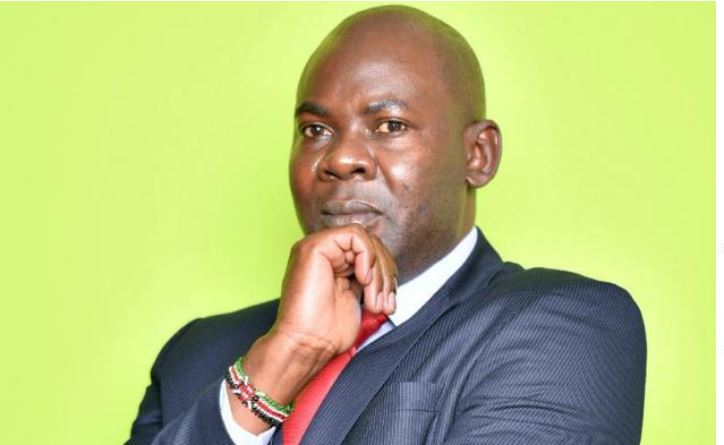×
The Standard e-Paper
Home To Bold Columnists

Active involvement of the youth in major decisions is the missing magic in attempts to take Kenya to the next level. Fact is, the future of a nation depends on the vitality of the youth. In Kenya, young people have their enormous potential lying idle.
By taking up leadership opportunities in social, political and economic spheres, the youth can make a big difference, their age-old challenges notwithstanding.